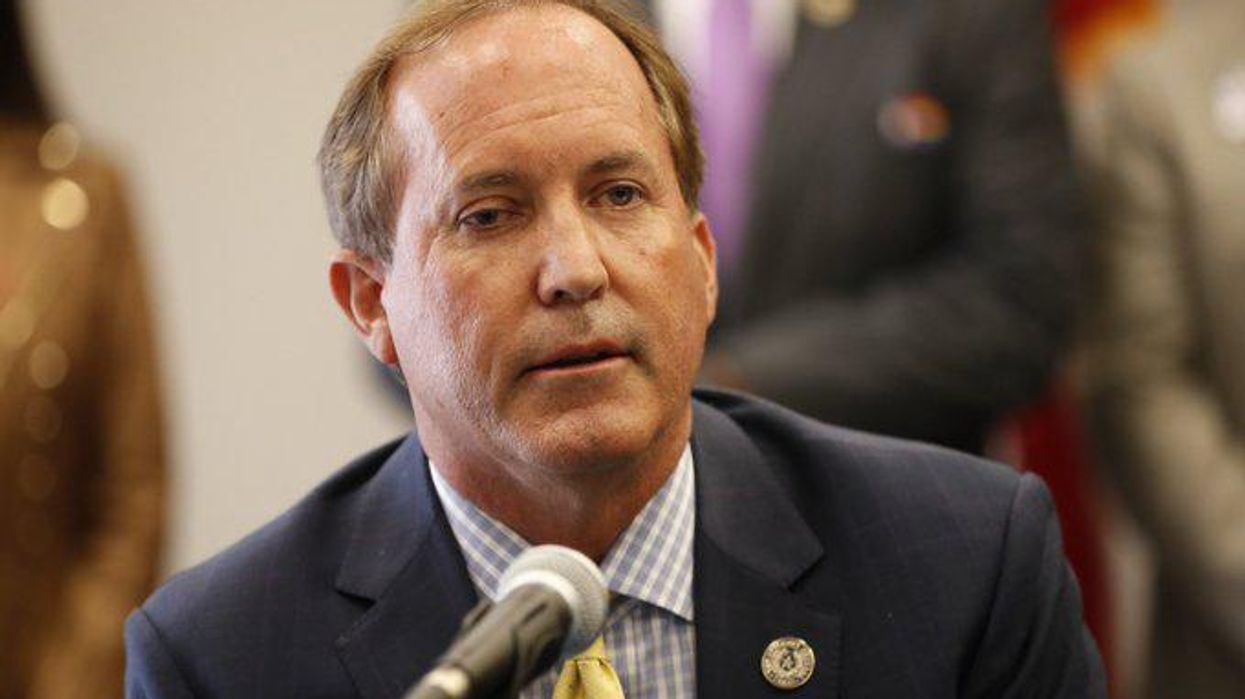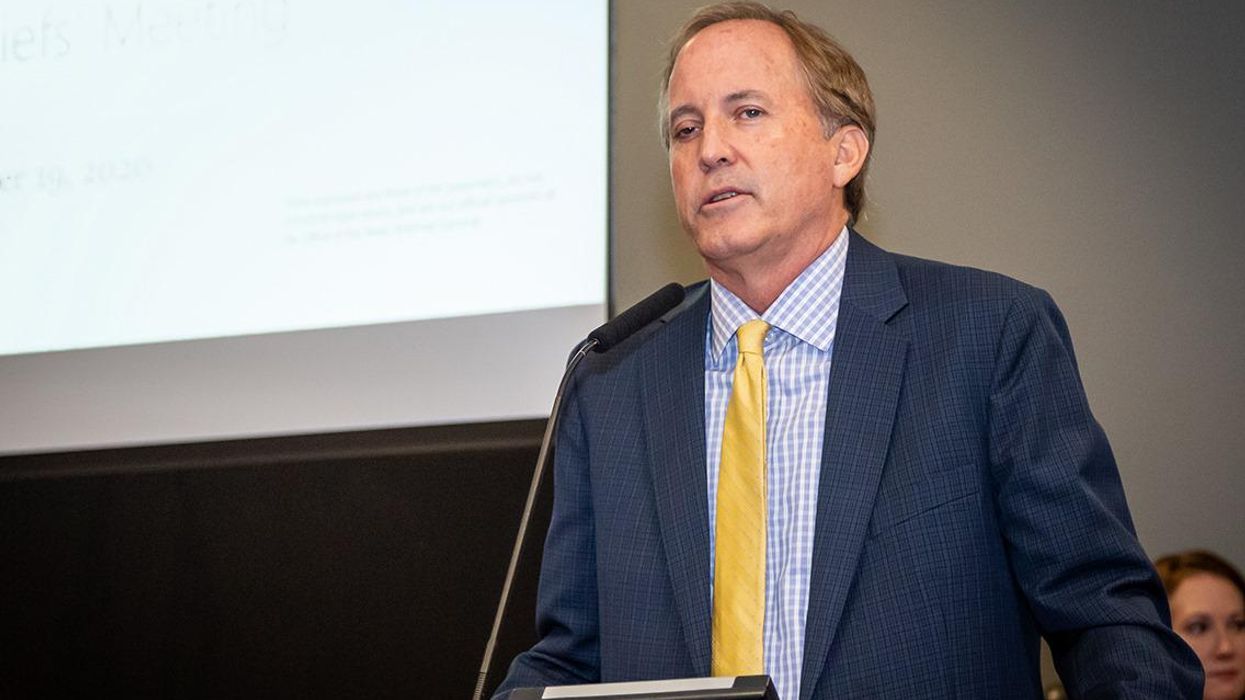Paxton Threatens Texas Hospitals After Judge Approves Emergency Abortion
Only hours after a judge issued a ruling allowing a Texas woman facing a nonviable, life-threatening pregnancy to seek an abortion, Texas Attorney General Ken Paxton stepped in to threaten hospitals and doctors with both civil and criminal penalties if they comply with the judge’s ruling.
Kate Cox is a 31-year-old mother of two who was initially excited to discover she was pregnant with her third child. Several weeks into her pregnancy, Cox’s doctors informed her that the fetus had full trisomy 18, a chromosomal condition linked to abnormalities in many parts of the body. Not only does this create a high risk of either stillbirth or miscarriage, but continuing the pregnancy places Cox at high risk of a uterine rupture. This is a serious threat to her health and would imperil her ability to carry another child in the future.
Under Texas’ draconian abortion ban, even someone facing such extreme circumstances as Cox has few options. However, she went to court to seek relief, and as The Texas Tribune reports, Travis County District Judge Maya Guerra Gamble handed down a temporary restraining order that would allow Cox to obtain an abortion. However, Paxton wrote to three Houston-area hospitals within hours, threatening any facility or doctor who provides Cox with medical relief.
Under the current Texas abortion ban, abortions are permissible after six weeks of gestation only if the life of the mother is threatened. In Cox’s case, there is a possibility she could die as a result of continuing the pregnancy. However, the greater threat is to her long-term health.
Even if there are no further complications, the child will either be stillborn or suffer extensive abnormalities leading to rapid death. There is also a high likelihood of a miscarriage. Because Cox's previous two children were delivered via cesarean, a miscarriage at this point in her pregnancy creates a threat of uterine rupture, which would harm her future fertility.
In her ruling, Gamble wrote, “The Court finds that Ms. Cox’s life, health, and fertility are currently at serious risk. The longer Ms. Cox stays pregnant, the greater the risks to her life.”
In Paxton’s letter to three Houston-area hospitals, he calls Gamble an “activist” judge and claims she is unqualified to determine whether Cox faces a life-threatening situation. Paxton tells the hospitals that the temporary restraining order issued by Gamble “will not insulate you, or anyone else, from civil and criminal liability for violating Texas’ abortion laws, including first degree felony prosecutions.”
Additional threats are aimed specifically at Dr. Damla Karsan, who has been identified as the doctor offering to perform the abortion procedure. “We remind you that the [temporary restraining order] will expire long before the statute of limitations for violating Texas’ abortion laws expires,” Paxton writes.
In September, despite clear evidence of his guilt, Paxon was acquitted in an impeachment trial before the Texas Senate. He still faces a federal investigation into the corruption charges at the heart of that impeachment.
According to the Texas Tribune, Cox burst into tears as Judge Gamble handed down her decision on Thursday. Cox issued a statement, saying, “It is not a matter of if I will have to say goodbye to my baby, but when. I’m trying to do what is best for my baby and myself, but the state of Texas is making us both suffer.”
Paxton is doing everything in his power to make sure that suffering continues.
Reprinted with permission from Daily Kos.










